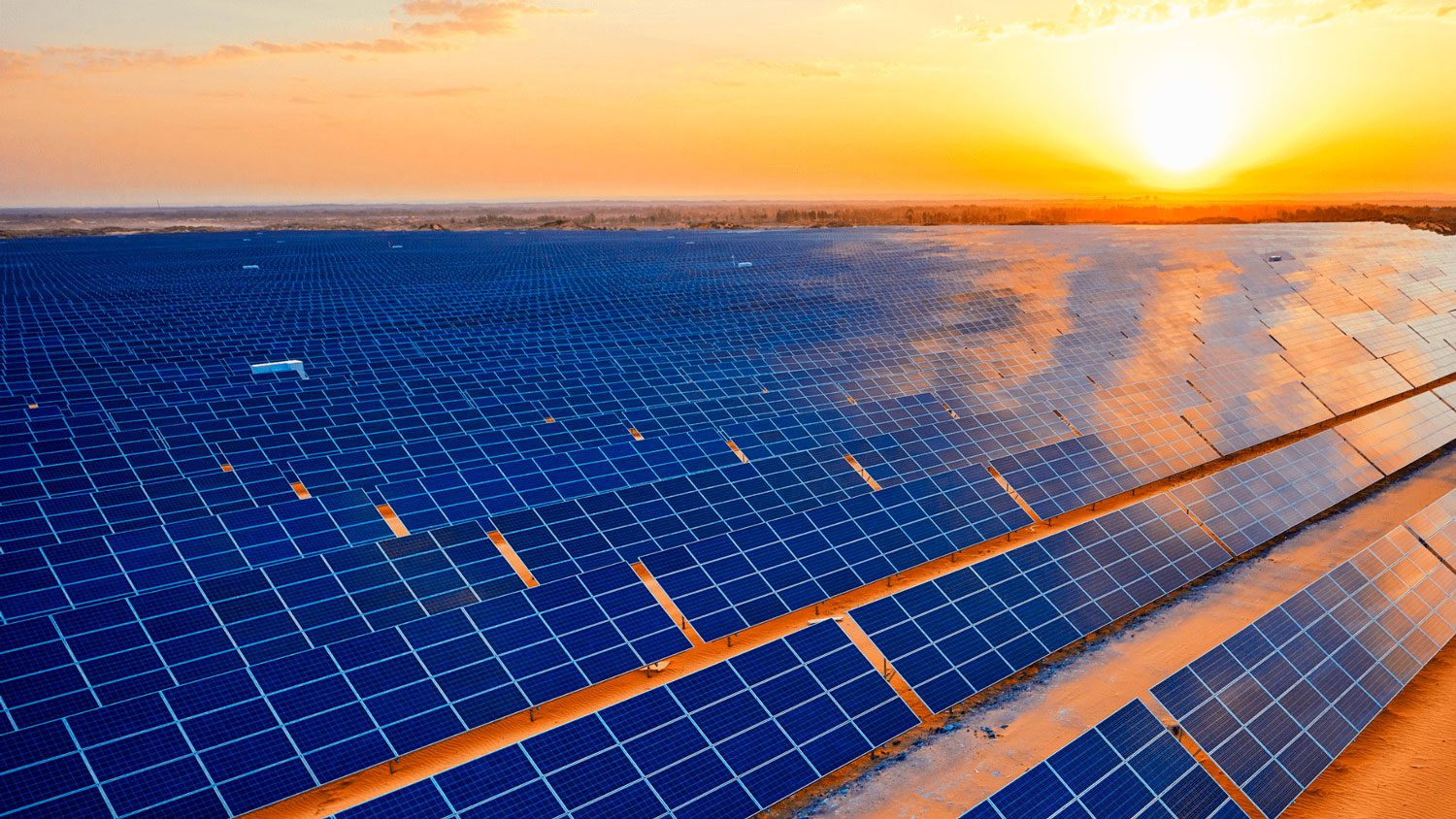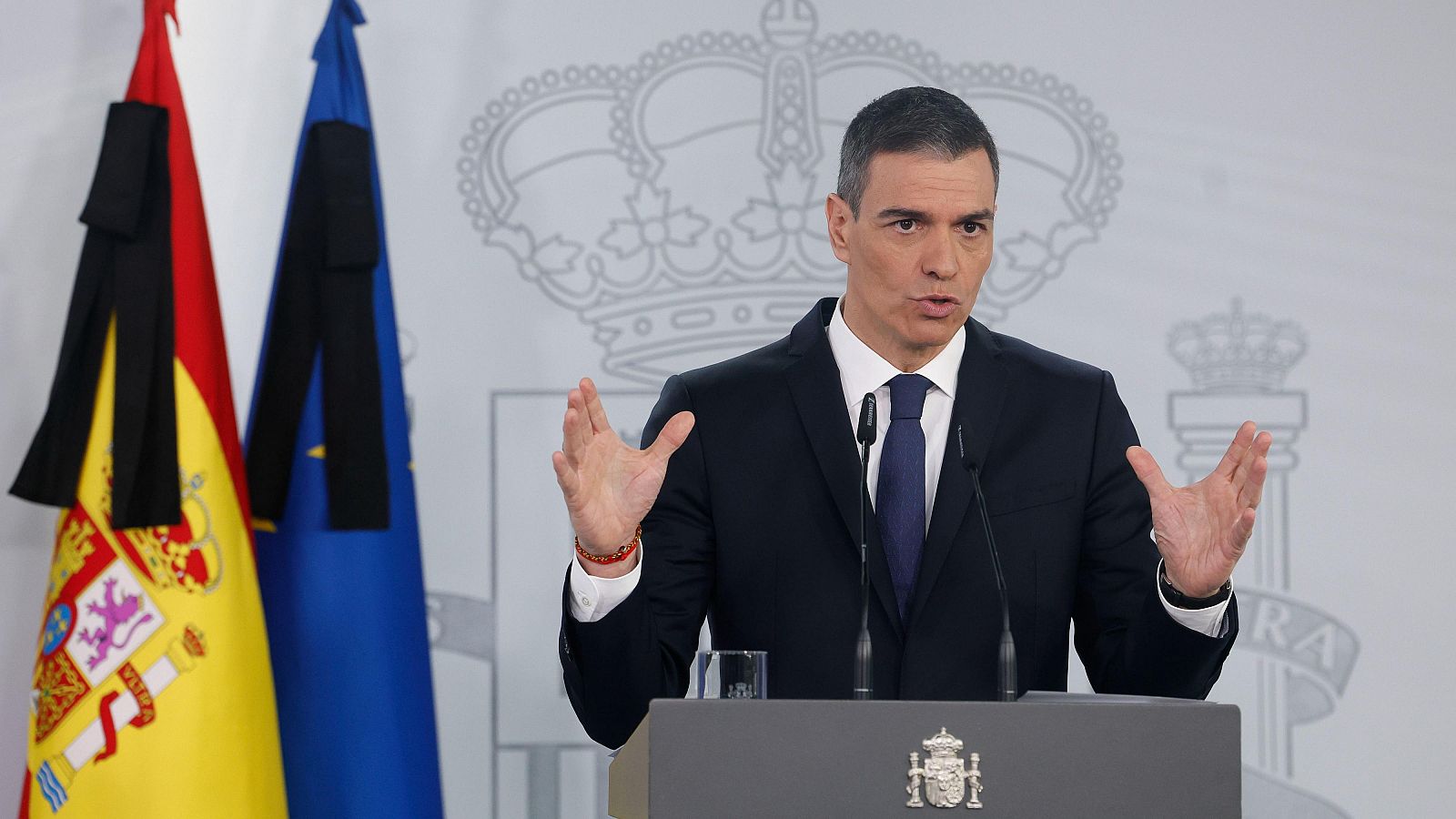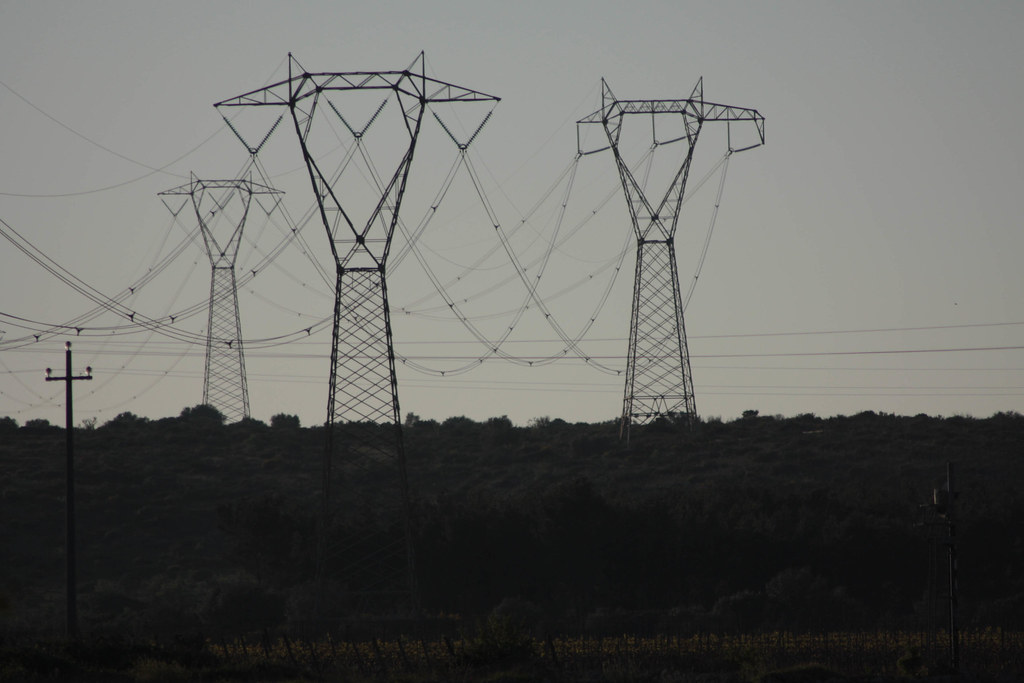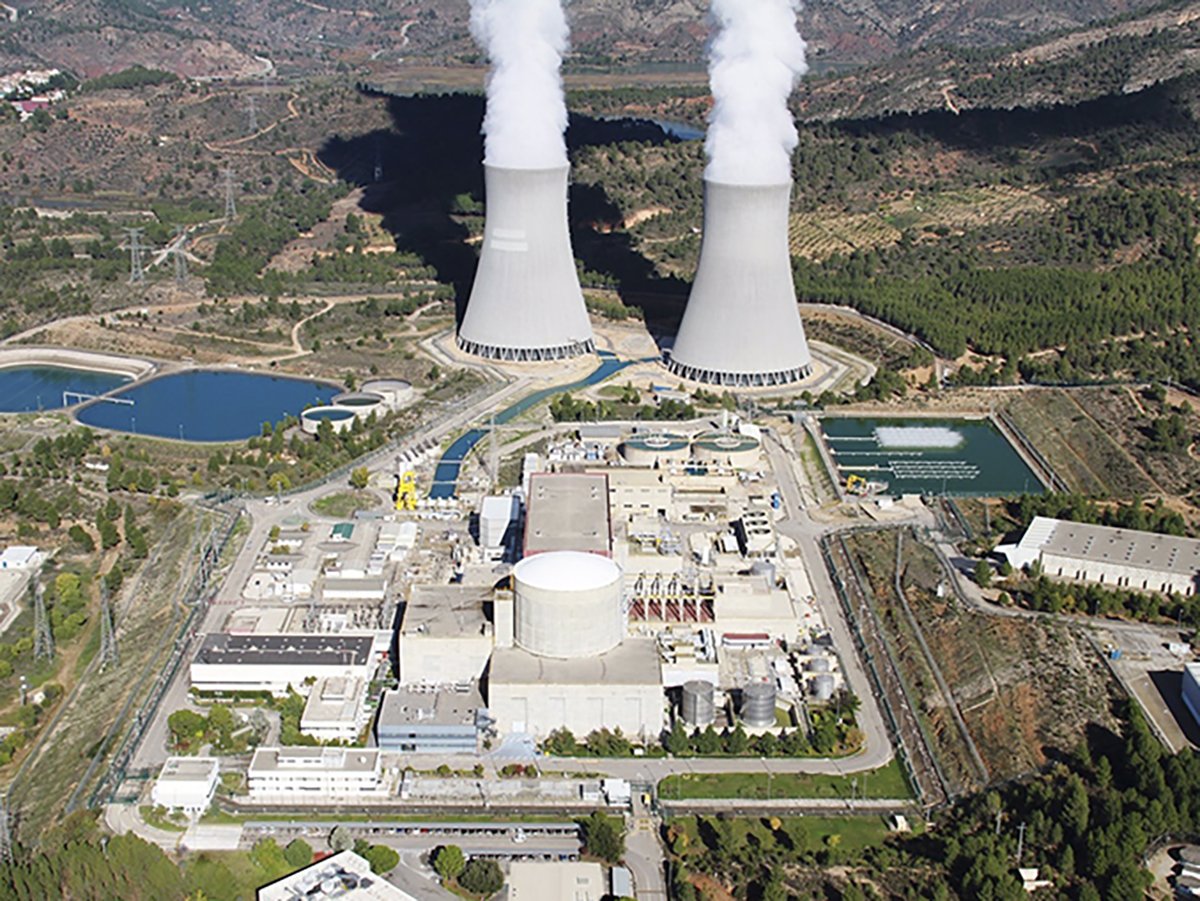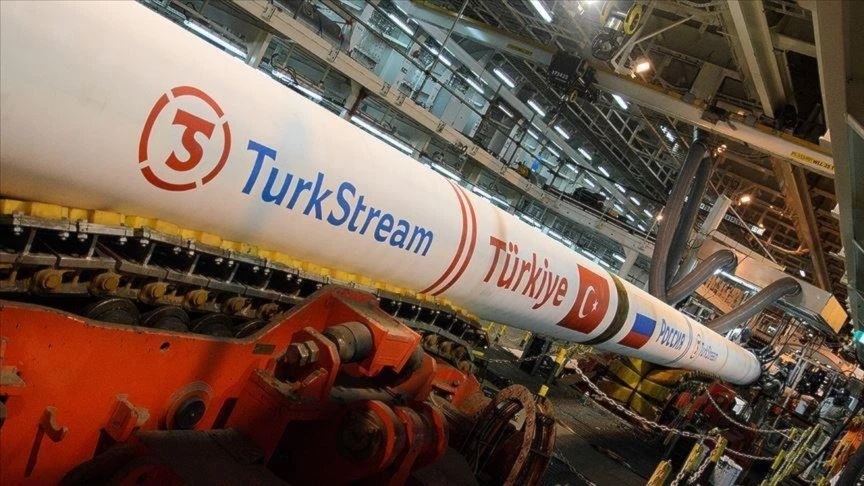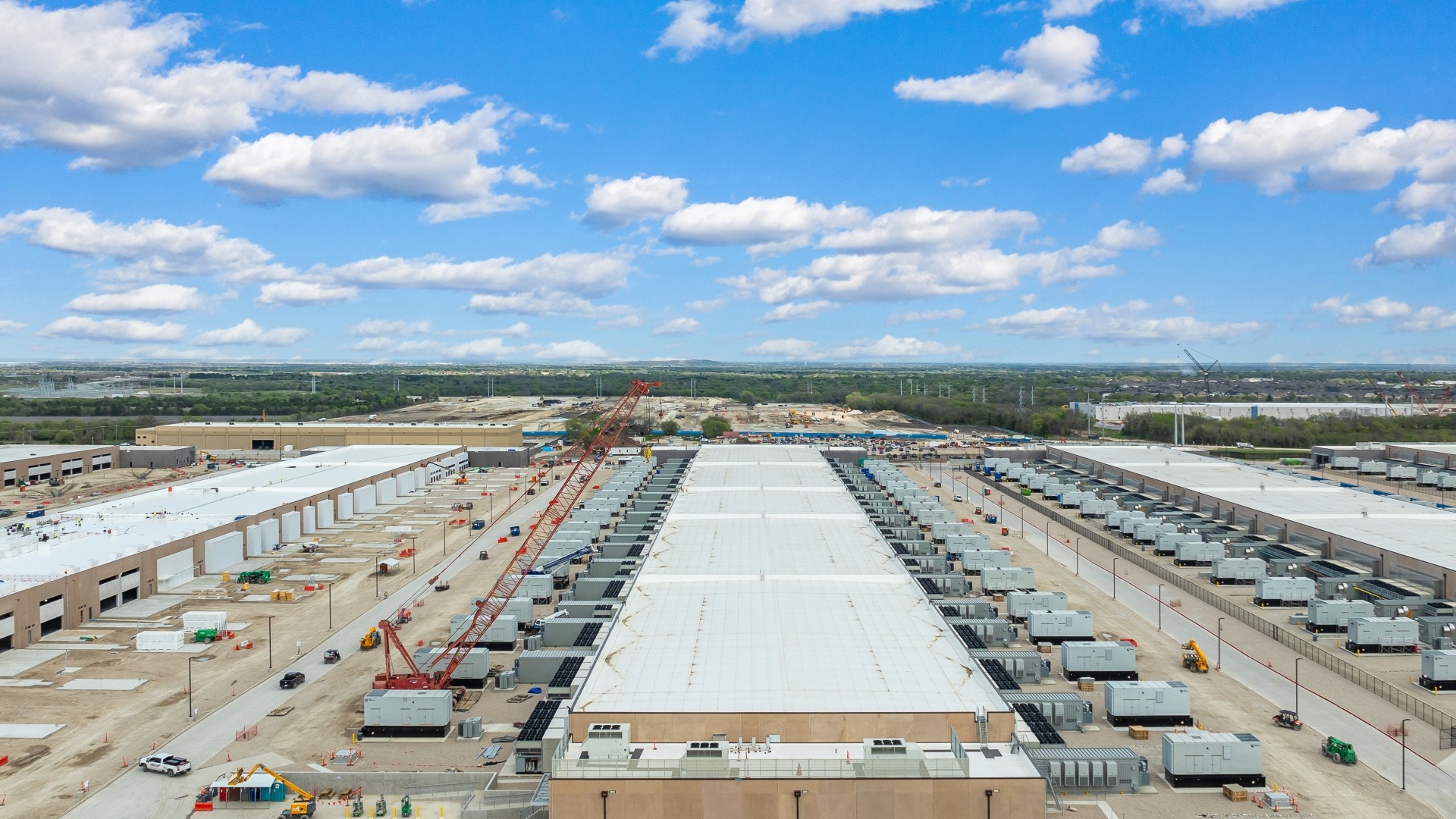Ukraine, Europe and energy: how to become poor peasants
- All wars are the war for access to resources and, in modern times, most have been born with the aim of obtaining the resources that make possible the very existence of our civilization: fossil fuels. We all know that during the Second World War the attempt to dominate Germany by the Soviet Union failed because it failed to control the oil resources of the Caucasus. More recently, American President Carter stated that Middle East oil resources "have a vital interest" ("Carter doctrine") for the United States, no one should be surprised by the numerous wars and bombing campaigns undertaken by EE.UU. in this region.

Sometimes, the role of fossil fuels in wars is a little more complicated than trying to steal resources from someone else. It may happen that you start war not because you have less than one resource, but because it's too abundant. This may be the case with the war in Ukraine, which we can interpret as a direct consequence of the influence of fracking in the United States. In the last 10 years or so, the development of fracking has led the United States to redirect fossil fuel production in the last 40 years towards the first levels of the last 40 years.
As when someone gets his head cut off on a horse in bed: the European gas market is now the territory of another mafia family
This has enabled US producers to re-enter the global energy market as exporters of oil and gas. And Western Europe became a potential market for business expansion. The problem was that the European market was in the hands of the Russian producers, who had established a network of pipelines for the export of natural gas to Europe at low cost. The US Liquefied Natural Gas (LNG) could not compete with the gas that came through Russia due to the transport and regasification costs of US liquid gases.
According to economic manuals, in a free market, the cheapest products always earn the most expensive. In the real world, however, markets are by no means free. As any Mafia capo can tell you, the cocaine market is not just a matter of price: if you want to move forward in the business, you have to defend your territory. And not only that: sometimes, you can expand that space that you control by working with your neighboring rivals on friendly (or less friendly) deals. This is what some people call "twisting the arm," but in play you can use much more rigorous and painful methods than breaking someone's shoulder. Similar considerations can be made about fossil fuels, since in this market states act in the same way as the families of the Mafia.
In recent months we have seen an example of an unfriendly relationship between competitors with the aim of expelling Russia from the European natural gas market. In this case, the war in Ukraine is a secondary spectacle next to the main spectacle: the real natural gas market has been critical of the sabotage of the Nord Stream gas pipeline. Whatever its author, he sends a clear message to everyone, as when he puts someone in bed his head cut to a horse: the European gas market is now the territory of another mafia family.
While Europe is desperate to get enough gas, energy producers will enjoy good times. Don’t expect compassion for the European poor
This does not mean that Russian gas exports to Europe are stopped immediately. The total substitution of Russian gas would require a tenfold increase in US imports. It may not be impossible, and other gas supplying countries could also cooperate in this. But it is not something that can be achieved in a short time. Member States import 150,000 million cubic metres of gas from Russia and only 15 million tonnes of gas EE.UU. EE.UU It exports over 100 billion cubic meters, but most of it goes by tube to Canada and Mexico.
Hopefully, Russia does not stop sending gas to Europe with pipelines. And then, the strong push for renewable energy can help Europeans a great deal. But normally the market will act as it is written in textbooks: a shortage situation generates higher prices. In other words, while Europe is desperate to get enough gas, energy producers will enjoy good times. Do not expect them to have compassion on the European poor: Why are they being committed? Mafias are not charity organizations.
In the coming years, therefore, we will see together in Europe the shortage of gas and high prices. This will have consequences. Many European citizens, especially the poor, will have to suffer darkness and cold in the coming winter and in subsequent winters. And in Europe there will be no single leader capable of demonstrating that the way of life in Europe "is not negotiable", as Bush's first said about US citizens. Do you imagine daring to say such a thing, Mrs von der Leyen, President of the European Commission, that no one has chosen? Therefore, the standard of living of European citizens will go as water goes through the sink drain, and it was perhaps inevitable that one day will not happen in the other. But the question is as follows: Will the European industrial system survive high energy prices?
The standard of living of European citizens will go as water goes through the sink drain
That's not at all clear, and it's possible that Americans will soon find that they've killed the hen themselves trying to get rid of the eggs. If energy prices are between five and ten times higher, European products will not be competitive on the world market. This would mean the collapse of the European industrial system and the return of the continent to the agricultural economy two centuries ago.
This would be to revive the old "Morgenthau Plan", proposed to apply to Germany after the Second World War [as a punishment for the Germans to Henry Morgenthau, proposed by the minister of the Treasury of the People EE.UU, which was finally discarded and punished by the allies to the losers] with the aim of destroying the German industrial economy and not killing much of the German population. If such a thing were to happen in Europe today, it would mean a reduction in the European population, but, well, I have warned you before that the Mafias are not charitable organisations. Recently, Mrs Victoria Nuland (ambassador for EE.UU. for Europe in 2014] clearly explained to us who Europeans matter? If it was the first peasants, those who survived will again cultivate the fields.
This article by Ugo Bardi, chemical and climate expert, has been translated into Basque from his blog The Seneca Effect. In the ARGIA Larrun supplement "Peak civilisation": What can sink us like the Roman Empire?" It made it public.
Energiaren Nazioarteko Agentziak (IEA) astelehenean argitaratutako txostenaren arabera, %2,2 igo da energia eskaria 2024an aurreko urtearekin alderatuta, besteak beste, egiturazko arrazoi hauengatik: beroari aurre egiteko argindar gehiago erabili beharra, industriaren kontsumoa... [+]
Eusko Jaurlaritzak eta Arabako Foru Aldundiak Datu Zentroen instalazioei ateak irekitzen dizkiete horiek arautzeko legedia sortu aurretik. Bilbao-Arasur Dantu Zentroarekin, bere lehen fasea gauzatuta, eta instalatzea amesten duen Solariaren Datu Zentroarekin, 110.000 m2... [+]
Espainiako Estatuko zentral nuklearrak itxi ez daitezen aktoreen presioak gora jarraitzen du. Otsailaren 12an Espainiako Kongresuak itxi beharreko zentral nuklearrak ez ixteko eskatu zion Espainiako Gobernuari, eta orain berdin egin dute Endesak eta Iberdrolak.










